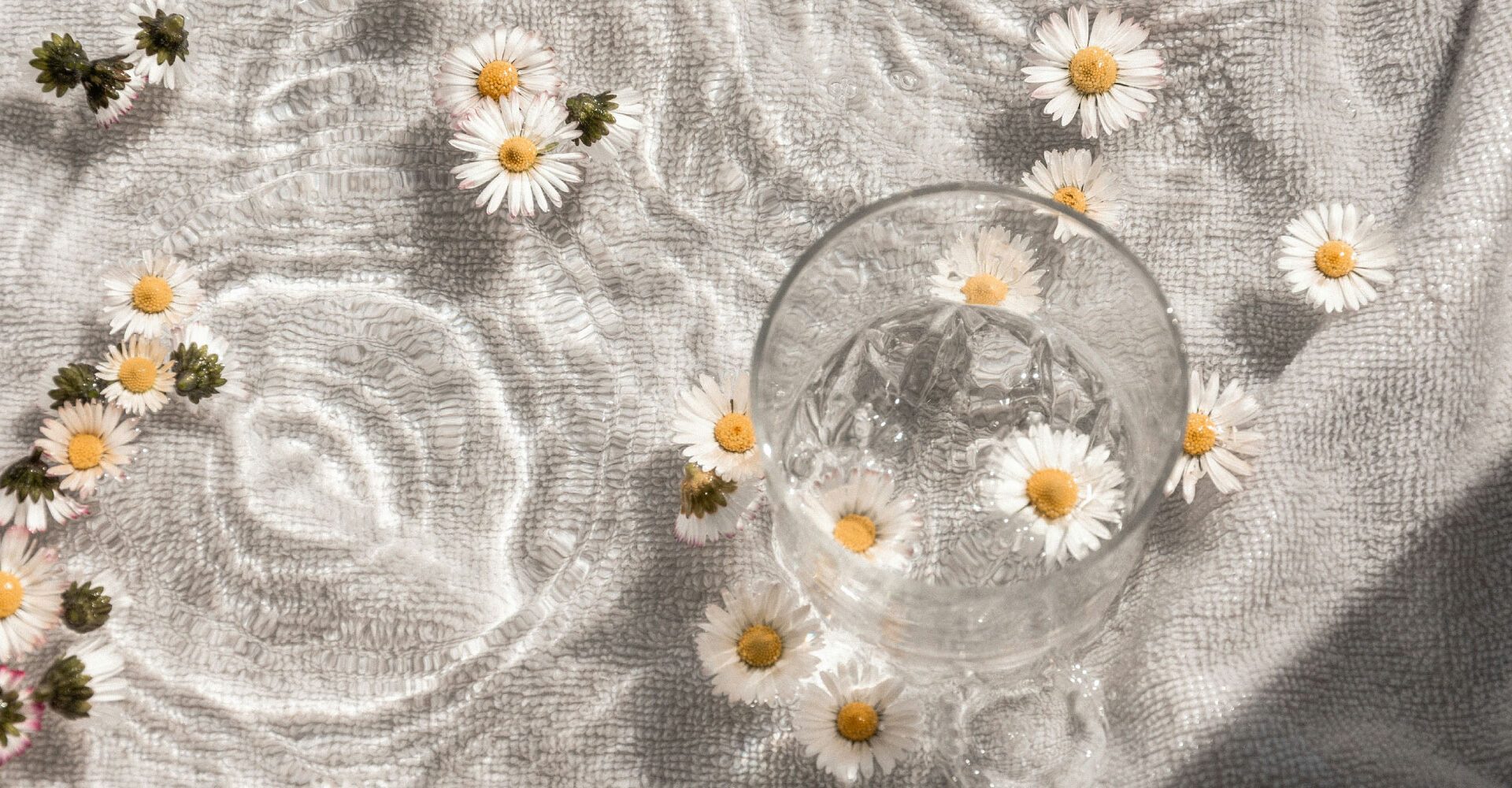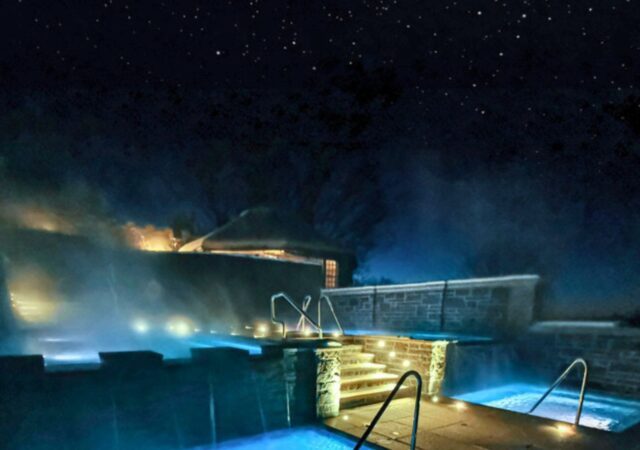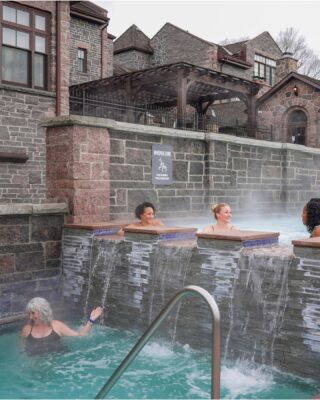Navigating The Summer Heat

Summer is officially here and it’s already shaping up to be a scorcher! Temperatures are noticeably higher and the extreme heat can batter our well-being.
Records for the highest average temperatures on earth were broken last year – and word has it that we can anticipate record-breaking heat waves coming our way this summer.
Sweltering days aren’t just unpleasant – they can be dangerous for your health and well-being, including severe dehydration, heat exhaustion or heat stroke. The accompanying air pollution is another environmental stressor that negatively impacts our bodies.
Excess sun and heat can be challenging for our skin too and protecting against issues like sunburn or heat rashes is essential. Many of us experience excessive sweating which can lead to electrolyte imbalance, dryness, flushing and redness of the face, and other skin irritations.
The health of your skin is an integral part of your overall well-being and needs special attention. There’s more potential than ever to damage our skin, leading to premature wrinkling, discolouration and sun spots. And the increased risk of skin cancer too.
The combination of high temps and harmful UVA rays damages the skin’s complex infrastructure by corroding its protective lipid coat and depleting antioxidants. Free radicals are produced, which cause inflammation and break down the collagen and elastin essential for healthy, firm skin.
UV rays are at their strongest in the next few months and can reflect off surfaces like water, sand and even grass, further increasing skin damage. Those suffering from heat-sensitive skin conditions like rosacea and eczema may find their issues worsening as things heat up.
Sunscreen is just the first line of defence in skin protection against environmental aggressors. However, it is crucial to be mindful of the ingredients in your sunscreen. Many conventional sunscreens contain harmful chemicals that can have adverse effects on your health. Instead, opt for mineral sunscreens that use zinc oxide as a barrier; these are effective in protecting your skin without the risk of harmful side effects.
When selecting a sunscreen, look for broad-spectrum coverage with an SPF of at least 30 for adults, and remember to reapply every two hours for optimum protection. Mineral sunscreens with ingredients like zinc, titanium, or iron oxide act as shields against pollutants, offering a safer alternative. Additionally, don’t forget to protect your lips with SPF-containing lip balms.
Simplify your skincare routine to promote good skin health. Focus on the basics: A cleanser, sunscreen and moisturizer. Gently cleanse in the morning to remove pollutants and protect the skin’s barrier. A restorative daily moisturizer will replenish and protect the skin’s barrier.
Research touts the benefits of ceramides in lotions, and so too does using a topical antioxidant such as vitamin C before you apply your sunscreen to further aid the skin’s fight against free radicals from UV exposure.
At night, it’s essential to have a consistent cleansing routine to wash off pollutants. Vitamin-A-based products have been shown to help repair skin. Occasional gentle exfoliation and hydrating masks help nourish the skin.
In addition, taking a holistic approach to skincare goes beyond what you put on your skin. Following a balanced diet, regular exercise, good sleep hygiene and managing stress through meditation and self-care can positively enhance skin health.
Meanwhile, high temps are here to stay, so take our tips to stay cool, comfortable and healthy – and beat the heat:- Stay hydrated, and don’t wait until you’re thirsty to drink water, especially if you’re outdoors. It’s extremely easy for your body to overheat and become dehydrated. Always take along a water bottle and try to drink at least three litres a day during hot weather. Incorporate electrolytes into your hydration routine to help replenish essential minerals lost through sweat. Signs of dehydration include feeling thirsty, lightheaded, tired, and urinating less frequently.
- Get out of the sun. Seek air-conditioned cool spaces during the hottest parts of the day. Limit physical activity to the coolest part of the day. Exercise early in the morning or later in the evening when things have cooled off.
- If nature is part of your wellness, seek shaded parks and forest trails to stay cool. Wear light-coloured, lightweight, sun-protective clothing and sunglasses that block UVA and UVB rays. Reapply sunscreen more often if you are sweating, swimming or towelling off.
- Eat light, regular meals and include foods with high water content like strawberries, cucumbers, watermelon and fresh greens. Salads and smoothies are a great choice. Avoid consuming too much salt, caffeinated drinks and alcohol. Sun and alcohol is not a good combination. Caffeine and alcohol can dehydrate you.
Embrace the season with confidence and mindfulness, and enjoy all the sunny days ahead while keeping your body cool, comfortable and well-nourished. Stay cool, stay safe, and make the most of your summer!














